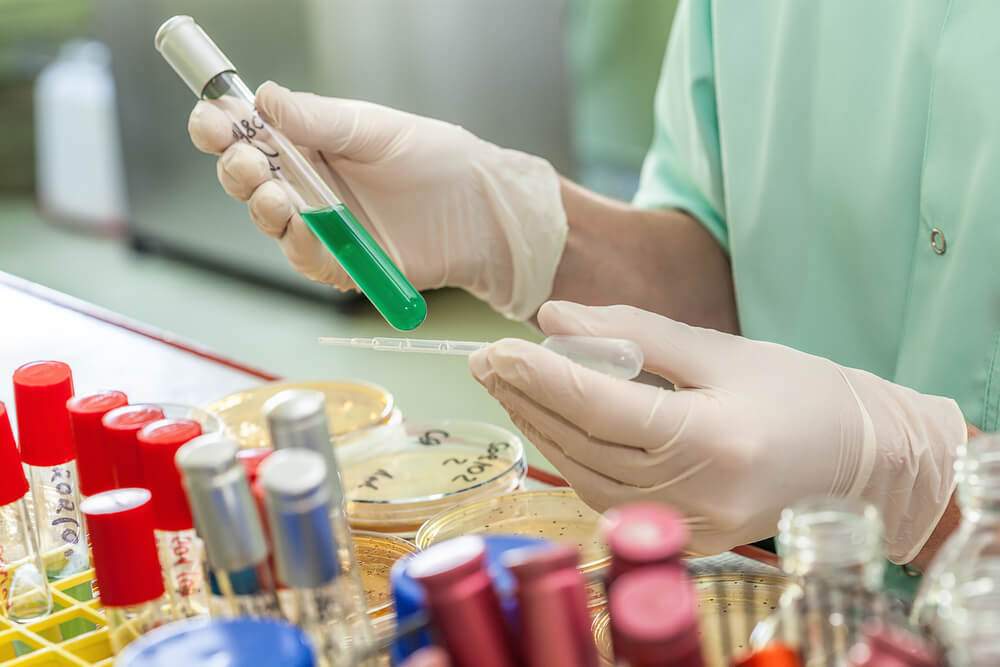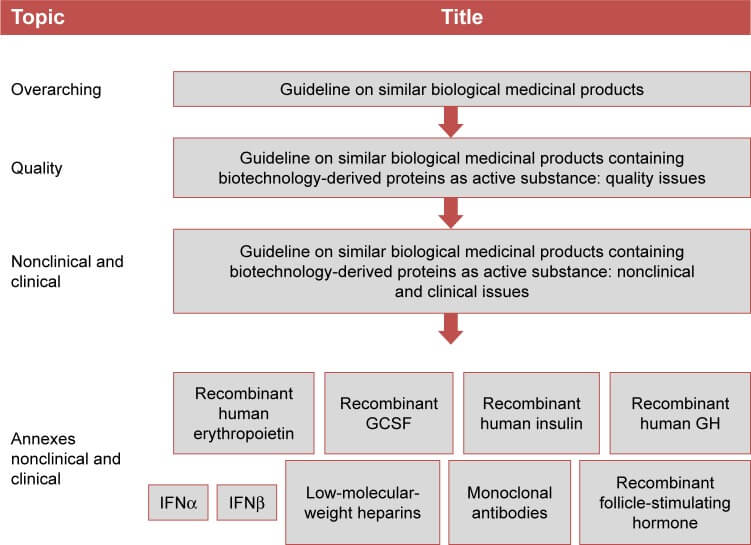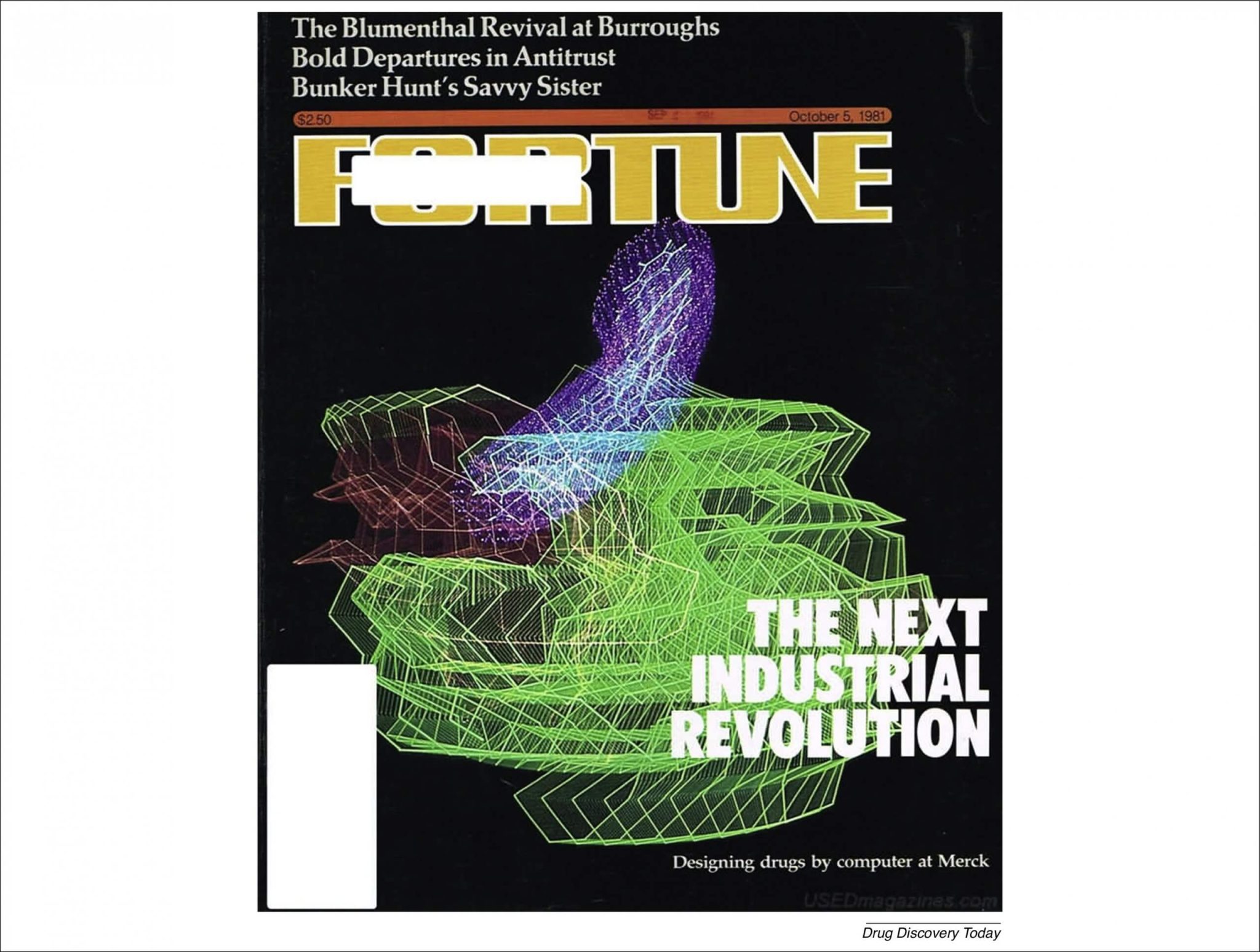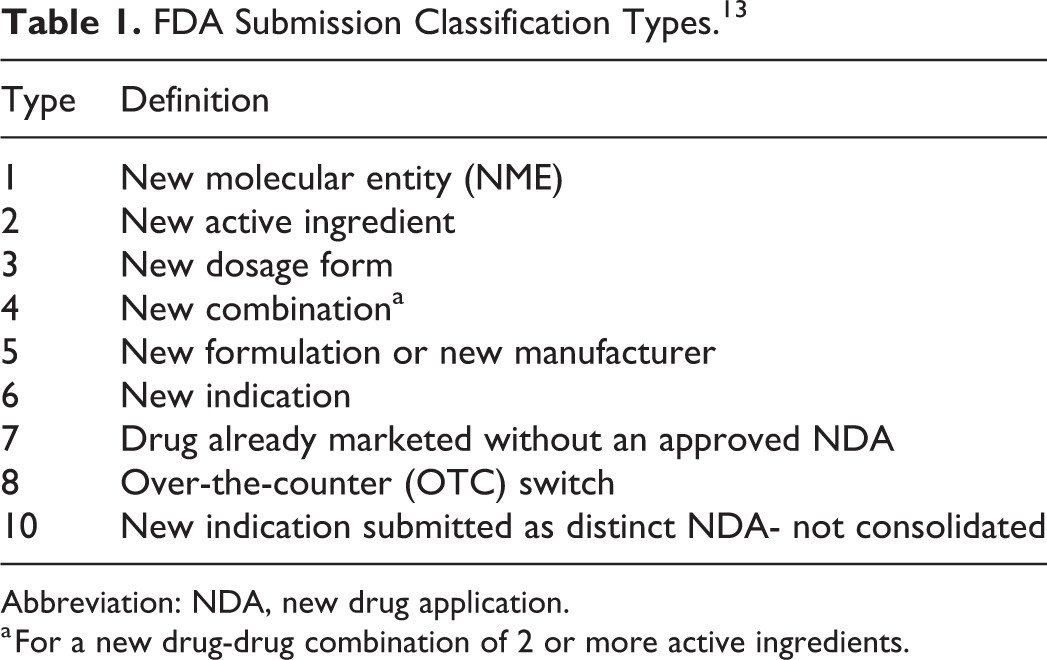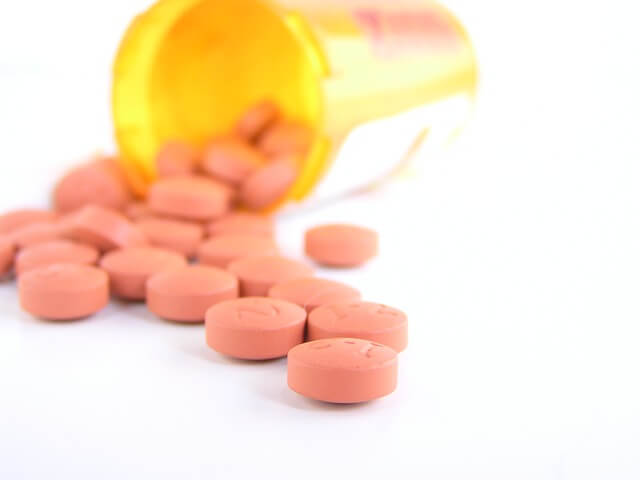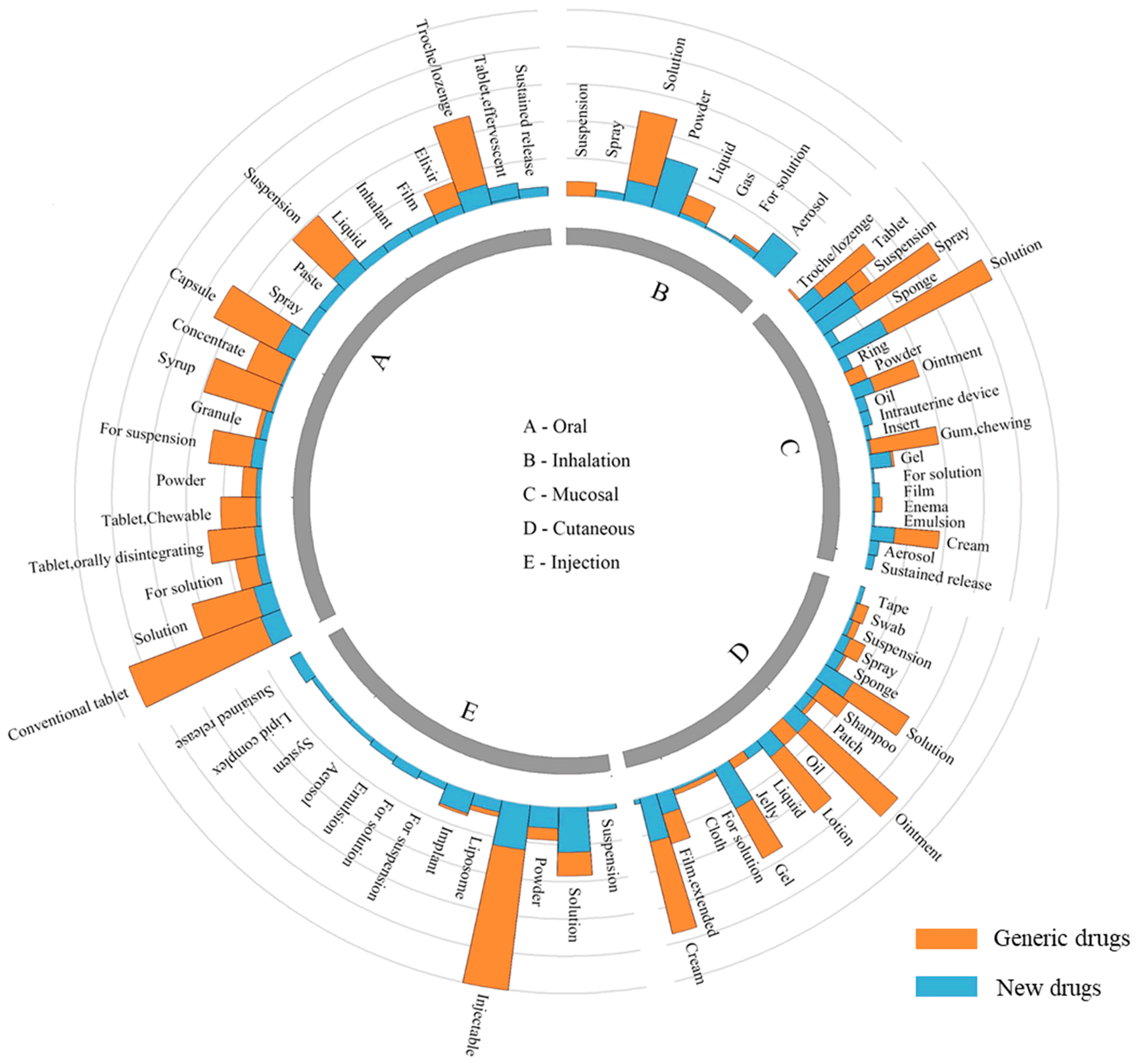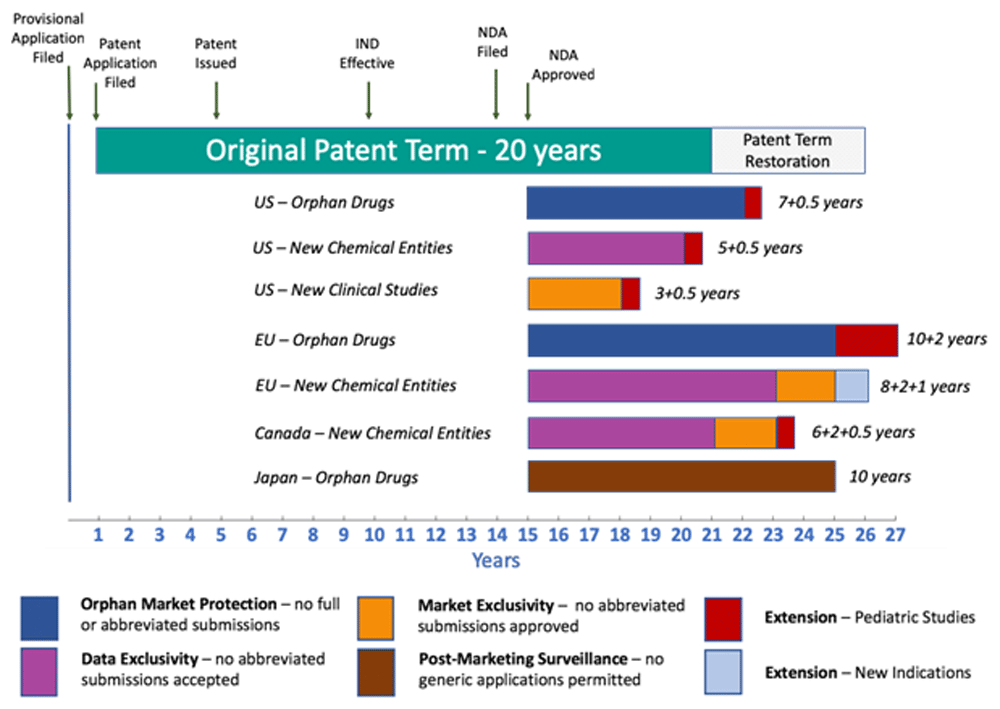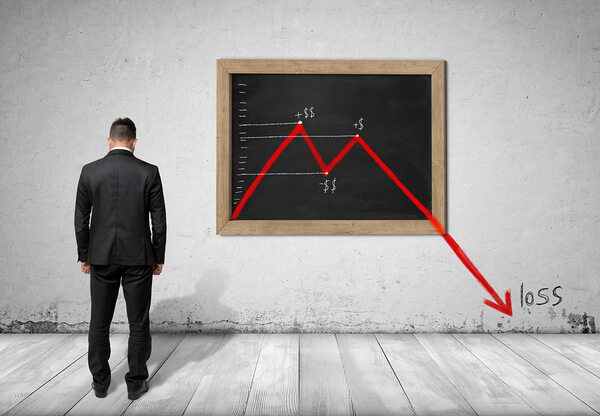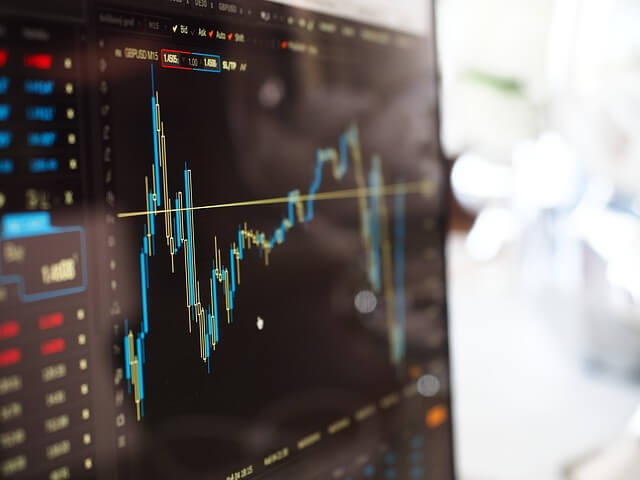
Generic drug development is a crucial aspect of the pharmaceutical industry, providing cost-effective alternatives to brand-name medications. However, this process is not without its challenges. Here are the top 10 challenges faced by generic drug developers:
1. Regulatory Complexity
Generic drug development involves navigating complex regulatory frameworks, including the U.S. Food and Drug Administration (FDA) and the European Medicines Agency (EMA). Understanding these regulations and ensuring compliance is a significant challenge.
2. Bioequivalence Testing
Demonstrating bioequivalence to the reference listed drug is a critical step in generic drug development. This process requires extensive clinical trials, which can be time-consuming and costly.
3. Formulation Complexity
Complex generics often have intricate formulations, dosage forms, or routes of administration, making it difficult to replicate the exact characteristics of the reference drug.
4. Supply Chain Constraints
Generic drug manufacturers face supply chain constraints, including ingredient shortages and manufacturing capacity issues, which can impact the timely delivery of products.
5. Pricing Pressures
The generics market is highly competitive, leading to pricing pressures. Manufacturers must balance pricing with the need to maintain profitability.
6. Buying Groups and Negotiations
The emergence of buying groups that negotiate on behalf of their members can make it challenging for generic drug manufacturers to negotiate prices and maintain market share.
7. Quality Issues
Ensuring the quality of generic drugs is crucial. Manufacturers must adhere to good manufacturing practices (GMPs) and maintain high-quality standards to avoid regulatory issues.
8. Competition from India and China
Generic drug manufacturers from India and China are increasingly competitive, posing a challenge to established players in the market.
9. Patent Expirations and Exclusivity
Managing patent expirations and exclusivity periods is critical for generic drug developers. This involves strategic planning to ensure timely market entry and minimizing the impact of patent protections.
10. Biosimilar Development
Developing biosimilars, which are generic versions of complex biologic drugs, presents unique challenges. These include demonstrating interchangeability, navigating regulatory frameworks, and ensuring high-quality manufacturing processes.
To overcome these challenges, generic drug developers must adopt strategic approaches, such as:
- Conducting thorough regulatory research to understand the landscape
- Investing in high-quality manufacturing processes and facilities
- Building strong relationships with regulatory authorities and partners
- Developing innovative products and formulations
- Focusing on biosimilar development to capitalize on emerging opportunities
By addressing these challenges, generic drug developers can ensure the continued availability of cost-effective, high-quality medications for patients worldwide.
References:
- Brookings. (2017). Ten challenges in the prescription drug market—and ten solutions. Retrieved from https://www.brookings.edu/articles/ten-challenges-in-the-prescription-drug-market-and-ten-solutions/
- DDReg Pharma. (2023). Challenges in Complex Generic Drug Development. Retrieved from https://resource.ddregpharma.com/blogs/challenges-in-complex-generic-drug-development/
- Drug Store News. (2022). Challenges continue, but generics companies see a bright future in biosimilars. Retrieved from https://drugstorenews.com/challenges-continue-generics-companies-see-bright-future-biosimilars
- U.S. Pharmacist. (2009). Generic Drugs: History, Approval Process, and Current Challenges. Retrieved from https://www.uspharmacist.com/article/generic-drugs-history-approval-process-and-current-challenges
- KPMG International. (2023). Generics 2030. Retrieved from https://kpmg.com/kpmg-us/content/dam/kpmg/pdf/2023/generics-2030.pdf


